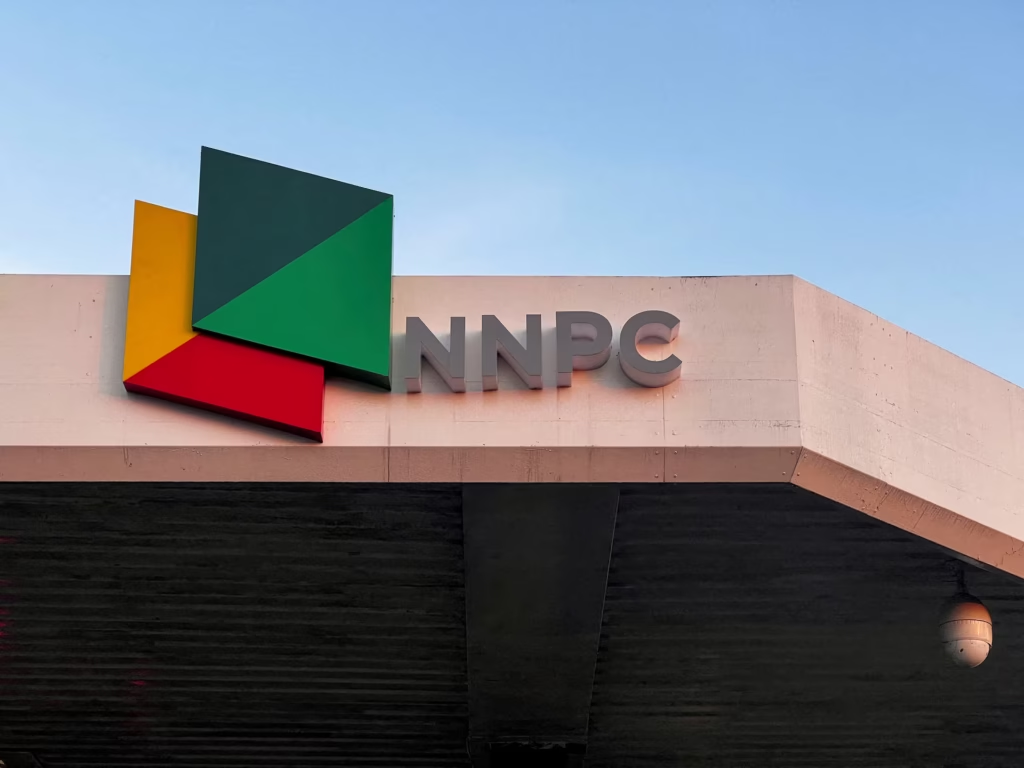
Ghana’s economic recovery is facing a new challenge as cocoa production slumps.
Data from the central bank reveals a significant decline in cocoa exports, leading to a reduced trade surplus and putting pressure on the cedi currency.
The world’s second-largest cocoa producer is expected to fall nearly 40% short of its target for the 2023/24 season.
This shortfall is attributed to a combination of factors, including adverse weather conditions, disease, and smuggling.
The cocoa sub-sector, a crucial driver of Ghana’s economy, contracted by 1.1% in the final quarter of 2023.
This decline is reflected in a sharp drop in cocoa export receipts, falling by almost a third to $508.4 billion in February compared to the previous year.
Consequently, the nation’s trade surplus witnessed a drastic decrease of over 50%.
The cedi currency has also weakened against the dollar, depreciating by more than 8% since the year began.
These developments pose a significant threat to Ghana’s ongoing economic recovery efforts, following its worst economic crisis in decades.
The challenges facing the cocoa industry come at a critical juncture. Ghana recently secured a $3 billion loan program with the IMF and is restructuring debt with creditors.
Negotiations for a further $13 billion in international bond restructuring are also underway.
A robust cocoa sector is vital for Ghana’s economic health, and its current struggles could complicate the nation’s path to financial stability.




